As we enter the second half of 2025, estate agency is at a pivotal point. The old way of doing things — scattered systems, manual follow-ups, reactive prospecting — simply cannot keep up with the expectations of today’s clients or the efficiency of your best competitors.
Agencies that thrive over the next 12 months will not do so by working harder. They will do it by working smarter, using connected technology to outpace the market.
But the transition is not just about adding tools. It is about making three core shifts — in mindset, infrastructure and strategy — to build a business that is not only modern but scalable and sustainable.
Shift 1: From silos to systems:
Most agents today still operate across multiple platforms: a CRM here, a website over there, a marketing tool, a valuation tool, a portal lead tool, all patched together via APIs in a bid to ‘make it work’.
On paper, it sounds logical. In reality, it becomes a nightmare.
Every tool was built for a different purpose. Each one collects data in its own format, stores it differently, and speaks a different language. Trying to synchronise them through APIs is like stitching together five suits from different tailors and expecting one perfect fit. Sooner or later, it's going to break.
Multiple platforms = multiple points of failure.
Multiple AI tools = conflicting logic.
Multiple dashboards = zero clarity.
Instead, you need one central ecosystem where your CRM, website, prospecting and marketing work as one. This is where platforms like Lifesycle and Neuron give agents a serious advantage. They are not just connected, they are built from the ground up to work together, just like the iphone and the ipad.
Shift 2: From data collection to decision-making:
Having data is no longer the win. Acting on it is.
If your system cannot tell you:
- Who’s likely to request a valuation this month
- Which old valuation is back on your website
- Which applicant also owns a home nearby and is looking at properties on your website.
…then your data is passive. And passive data does not drive revenue.
In 2025, your systems must interpret behaviour and serve up the next best action, not leave it to your team to trawl through cold records. That is the job of smart, integrated AI, not random add-ons bolted to a CRM that was never designed for it.
Predict AI and Uzair are perfect examples of what this shift looks like in practice, surfacing instructions, generating content, and giving your brand relevance without adding workload.
Shift 3: From attention to authority:
Marketing is no longer about who shouts loudest. It is about who delivers the most value, consistently, authentically and in a voice the audience trusts.
Uzair 2.0 gives modern agents the ability to create blogs, vendor updates and nurture content that reflect their brand’s voice and values even better than they can, not just fill inboxes with noise.
Combine this with real-time website personalisation from Neuron and you are not just competing on instructions, you are winning them before they even request a valuation.
The danger of the API shortcut:
Many agents will try to shortcut this journey by plugging in tools via APIs, using third-party marketing software with their CRM, or AI overlays with their valuation tools.
But the reality is: you are not building a smart system. You are building a digital Frankenstein.
When one tool updates, another breaks.
When an AI makes a decision, the CRM ignores it.
When a lead re-engages, nobody knows because no system owns the full picture.
You end up managing tools, not results.
That is why the most profitable agents in 2025 are consolidating, not expanding their toolkits. They are choosing fewer, smarter systems that give them clarity, automation and control, all in one place.
There is a clear divide emerging: agents who are still stuck trying to stitch together tech from different decades and those who have committed to one intelligent ecosystem to help them move forward doing what they do best.
You do not need more tools. You need better ones that actually work together, with clear evidence on how it has already transformed the businesses that use it.
The future belongs to agents who think like business owners, not just operators.



